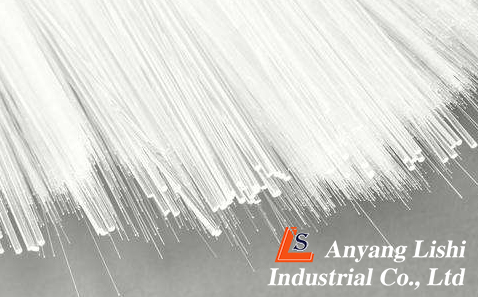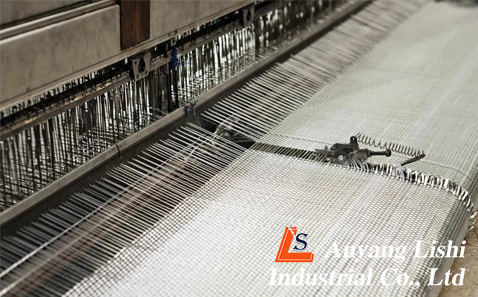
The glass fiber industry, a cornerstone of modern manufacturing and construction, continuously seeks materials that enhance the quality, durability, and performance of its products. Sodium feldspar, with its unique properties, has emerged as a critical component in the production of high-quality glass fibers. This article explores the role of sodium feldspar in glass fiber manufacturing, highlighting its benefits, applications, and the future potential it holds within the industry.
Glass fiber, made from extremely fine fibers of glass, is renowned for its strength, durability, and lightweight properties. It is used in a wide range of applications, from insulation and automotive components to reinforced plastics and textiles. The production of glass fiber involves melting raw materials at high temperatures, then extruding them through fine nozzles to create thin, flexible fibers. The quality of the raw materials directly impacts the properties and the quality of the final glass fiber product.

Sodium feldspar, a naturally occurring mineral, is prized in the glass fiber industry for its alumina and silica content, along with the presence of sodium, which acts as a flux. In the manufacturing process, these components play a crucial role in reducing the melting temperature of the glass mixture, improving the viscosity of the melt, and contributing to the overall strength and durability of the glass fibers.
– Fluxing Agent: Sodium acts as a powerful flux in glass manufacturing, lowering the melting point of the mixture and facilitating the formation of glass fibers at lower temperatures. This not only conserves energy but also reduces production costs.
– Alumina Content: Alumina (Al2O3) enhances the chemical durability and resistance of glass fibers to water and chemicals, making it suitable for use in challenging environments.
– Silica Content: Silica (SiO2) is the backbone of glass, providing structural integrity and thermal stability. The right balance of silica ensures the fibers have high tensile strength and resistance to thermal shock.
1. Improved Production Efficiency: Lower melting temperatures translate to faster production rates and reduced energy consumption, making the manufacturing process more efficient and environmentally friendly.
2. Enhanced Product Quality: Sodium feldspar contributes to the production of glass fibers with superior mechanical properties, including tensile strength, flexibility, and resistance to environmental degradation.
3. Versatility: The inclusion of sodium feldspar allows for the production of a wide range of glass fiber types, tailored to specific applications, whether it be for insulation, reinforcement, or textiles.
4. Cost-Effectiveness: By optimizing the manufacturing process and improving the durability of the product, sodium feldspar helps in reducing overall costs, offering a competitive edge in the market.

The versatility of glass fibers, enhanced by the inclusion of sodium feldspar, finds applications in various sectors:
– Construction: Used in reinforcement materials for concrete, insulation, and roofing materials.
– Automotive: Components such as body parts, interiors, and tire reinforcements.
– Electronics: Circuit boards and insulation materials.
– Sports: Equipment like hockey sticks, boat hulls, and bicycle frames.
– Aerospace: Composite materials for aircraft components and insulation.
As the demand for stronger, more durable, and lightweight materials continues to grow, the glass fiber industry, supported by sodium feldspar, is well-positioned to meet these challenges. Innovations in manufacturing processes and the development of new feldspar deposits will be crucial in sustaining the industry’s growth. However, environmental considerations, including the sustainable extraction of sodium feldspar and the energy-intensive nature of glass fiber production, are challenges that need to be addressed.
Sodium feldspar plays an indispensable role in the manufacturing of glass fiber, contributing to the efficiency of the production process and the outstanding properties of the final product. Its benefits, ranging from improved production efficiency to enhanced product quality, underscore its value in the glass fiber industry. As manufacturers continue to innovate and improve their processes, the strategic use of sodium feldspar will remain a key factor in the development of glass fibers that meet the evolving needs of the global market.

Whether you have questions or you would just like to say hello,Contact us!
Call Anytime:
+86 15837207537Send E-mail:
info@lsakminerals.comAddress:
Anyang City , Henan Province, China.